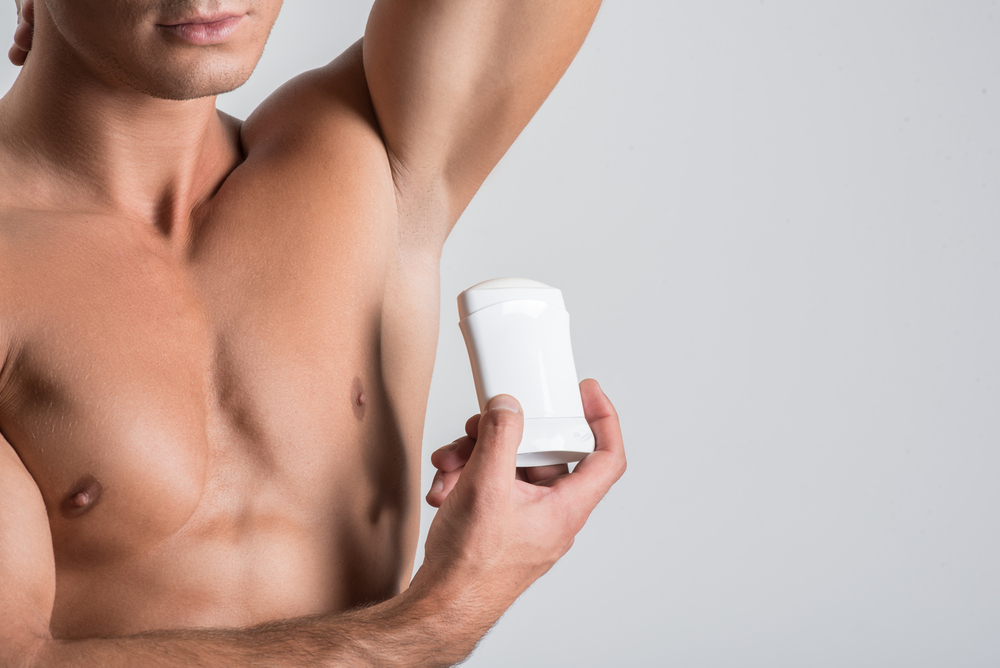Comprehensive Guide: Essential Items to Pack When Admitted to the Hospital
Gain comprehensive insights into essential items to pack when admitted to the hospital. This detailed guide covers medical documents, medications, hygiene products, clothing, entertainment, and tips for a smooth hospital stay. Proper preparation can improve comfort, streamline admission, and support recovery, making your hospital experience less stressful and more manageable.

Comprehensive Guide: Essential Items to Pack When Admitted to the Hospital
Preparing for a hospital stay can be a stressful experience, especially if you're unsure of what to bring along. Whether you're anticipating a minor procedure or a more extended hospital admission, packing thoughtfully can significantly influence your comfort, recovery, and overall experience. Having all essential items at hand not only minimizes unnecessary trips to retrieve forgotten belongings but also ensures that your hospital stay is as smooth and stress-free as possible. This detailed guide aims to provide you with all the necessary information on what to pack, tailored to your specific needs and hospital policies.
Medical Documentation and Medical History
Medical Documentation and Medical History
One of the most critical aspects of preparing for hospital admission is ensuring you carry all relevant medical documentation. This includes your latest test results, immunization records, allergy reports, and a comprehensive medical history. These documents are vital for healthcare professionals to understand your health background, provide accurate diagnoses, and tailor your treatment plan accordingly. It’s advisable to keep both printed and digital copies of these records to prevent any issues caused by technical difficulties or misplacement. If you have a list of current medications, bring it along to avoid any discrepancies during medication management.
Medications and Supplements
If you're on prescribed medications or taking dietary supplements, it’s crucial to inform your healthcare provider before hospital admission. Confirm whether you should continue, adjust, or temporarily stop certain medicines during your stay. Pack an adequate supply of your medications along with the original prescription labels to facilitate proper administration. Additionally, bring any vitamins or supplements you regularly take to maintain your routine and prevent nutritional deficiencies. Keep medications organized in a pill organizer or zip-lock bags for easy access and to avoid confusion.
Personal Hygiene Items
Maintaining personal hygiene is essential for comfort and health, yet it’s often overlooked during hospital preparations. Pack a toiletry bag containing your daily essentials, such as a toothbrush, toothpaste, soap, shampoo, conditioner, deodorant, and facial tissues. Including a small mirror can help with daily grooming. For women, sanitary pads or tampons are necessary, especially if your stay coincides with your period, while men may wish to bring razors for shaving. Some hospitals provide basic toiletries, but bringing your own ensures familiarity, comfort, and hygiene standards tailored to your preferences.
Comfortable Clothing
Comfort is paramount during hospital recovery. Pack a sufficient number of loose, breathable, and comfortable clothes that are easy to put on and take off. Include a few sets of pajamas, nightgowns, or lounge wear. Remember to bring slippers with non-slip soles to prevent falls and to keep your feet warm. Underwear, socks, and any specific clothing needed for post-surgery support are also essential. Consider packing an extra outfit or two in case of spills or if you need to change during your stay. Wearing familiar, comfortable clothing can significantly enhance your mood and aid in your recovery process.
Electronics and Entertainment
Long hospital stays can be monotonous, making entertainment and communication tools vital for mental well-being. Bring your smartphone, tablet, or laptop, ensuring they are fully charged and loaded with movies, e-books, music, or games. Don’t forget chargers, earphones, or headphones to enjoy entertainment without disturbing others. If you prefer physical books or magazines, pack a few favorites. These devices also help you stay connected with loved ones through calls or messages, especially when visiting hours are limited. Additionally, consider bringing along a portable power bank to keep your devices charged throughout your stay.
Additional Items for Comfort and Convenience
Besides the essentials, consider packing items that enhance your comfort and convenience during hospital admission. This could include a favorite pillow or blanket to make your bed more familiar, lip balm to combat dryness, and skin moisturizer. If you have specific dietary preferences, bringing small snacks approved by your healthcare team can help manage hunger and keep your spirits high. Earplugs or an eye mask can be beneficial if your hospital environment is noisy or brightly lit. Personal touches, like photographs of loved ones or comforting objects, can provide emotional support during your recovery interval.
Important Tips for a Smooth Admission
Before your hospital stay, review all the packing items and confirm your hospital’s policies regarding what can and cannot be brought. Arriving prepared means you can focus on recovery without unnecessary stress. Make a checklist of your essentials, pack logically to avoid overpacking, and ensure all fragile items are carefully protected. If you have any special needs or medical devices, coordinate with hospital staff beforehand to ensure they are compatible with hospital facilities. Bringing a friend or family member to assist with packing or your initial admission process can also be highly beneficial.
In summary, thorough preparation for a hospital stay involves packing all necessary documents, personal hygiene items, comfortable clothing, entertainment, and other comforts. Doing so can create a more positive hospital experience, facilitate faster recovery, and help you feel more in control during a challenging time. Remember, being well-prepared is the first step towards a smooth and stress-free hospital admission journey.





